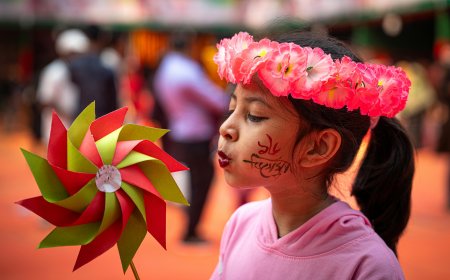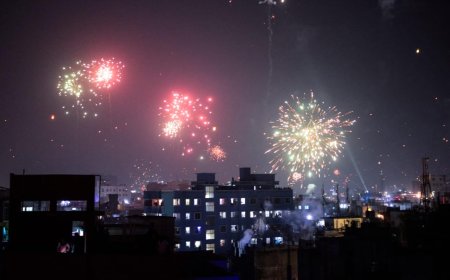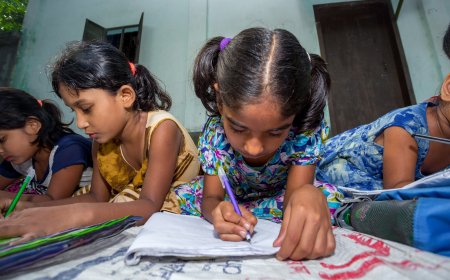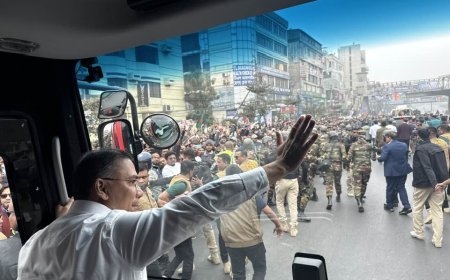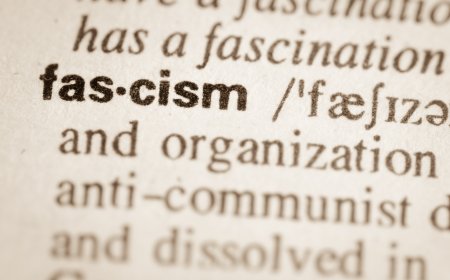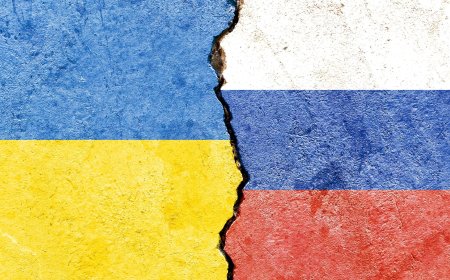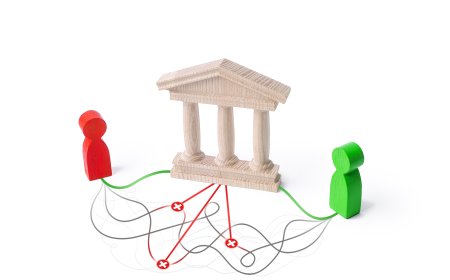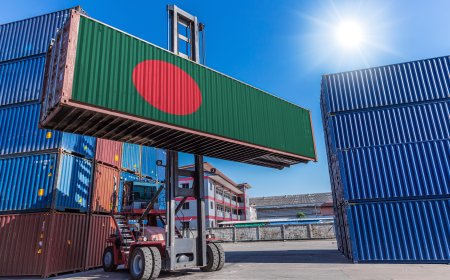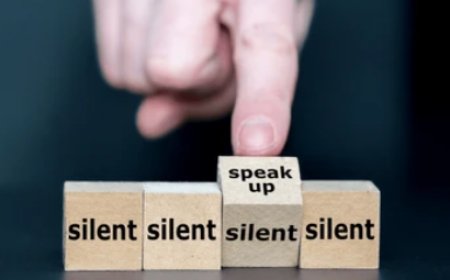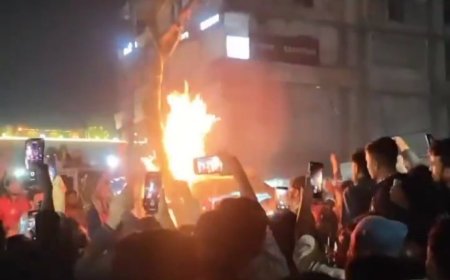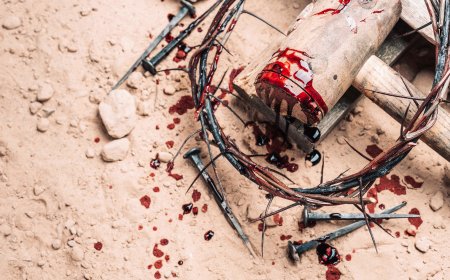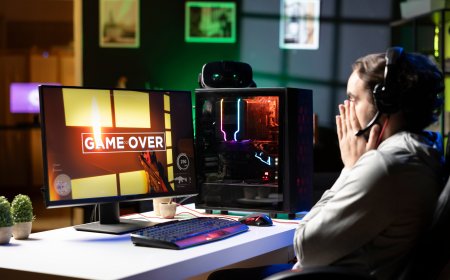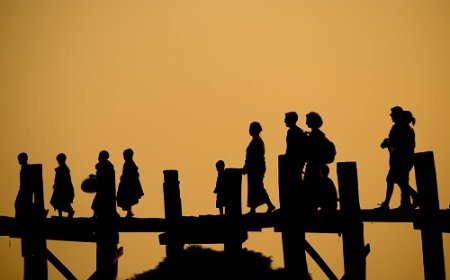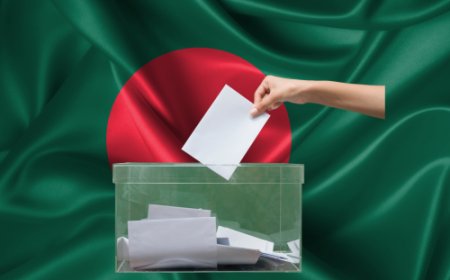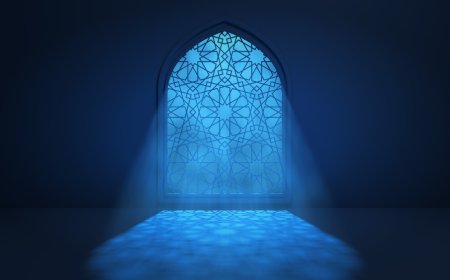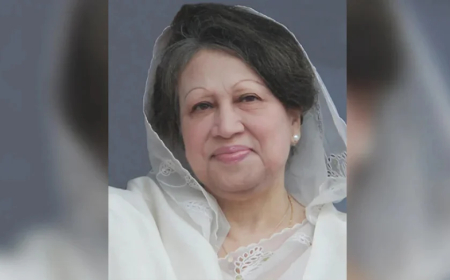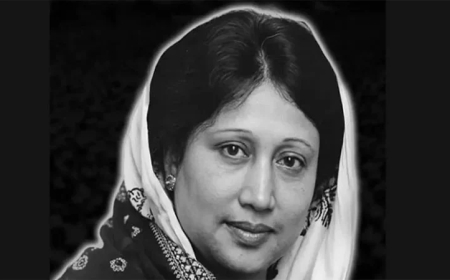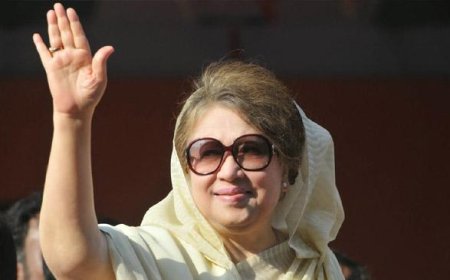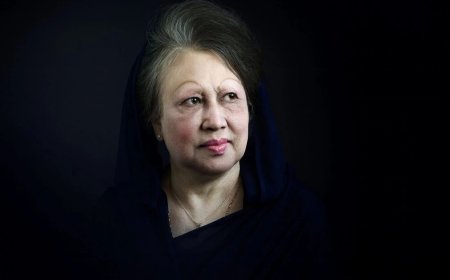Who was Charlie Kirk?
And what lesson is there for Bangladesh about the culture of political violence and trying to find common ground instead of using bullets and brickbats to resolve our differences?
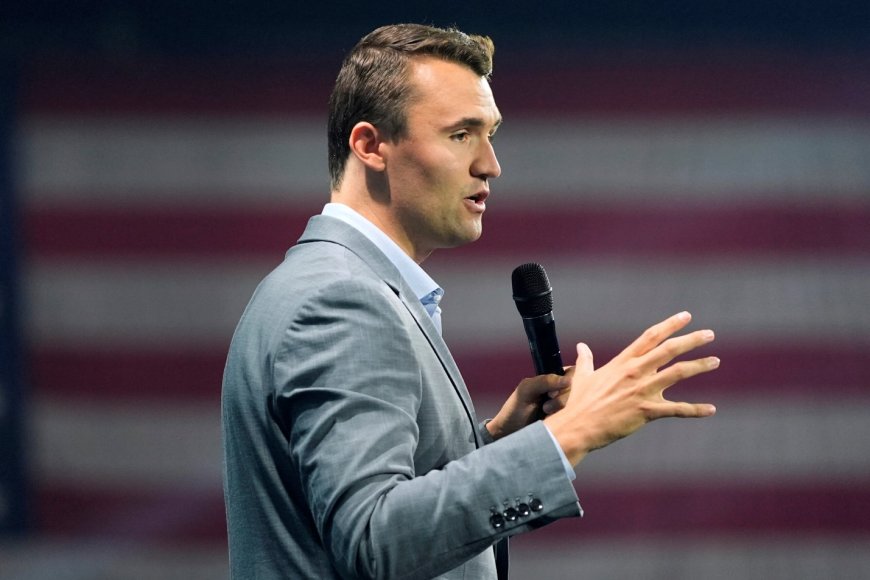
The murder of Charlie Kirk was more than the loss of one man. It was the violent silencing of a force that amplified voices often ignored -- a rupture felt in living rooms across America, in parliaments and city halls abroad, and in the hearts of those who for years believed that debate, not bullets, would settle our deepest differences.
Charlie was killed while speaking at a university event in Utah -- a public forum he had long used to challenge students and to invite them into civic life. Authorities have arrested and charged a suspect in the attack.
I write now as a friend and collaborator. For more than a decade, Charlie and I worked together on issues that do not respect borders: religious freedom, fair elections, and the fight against extremist violence in South Asia. He was never merely a partisan operative to me. He listened. He travelled. He read the stories of people whose lives were crushed under repressive regimes -- and he took their stories to halls of power.
That work had an impact. Charlie’s advocacy helped focus US attention on Bangladesh’s vulnerable religious minorities and the importance of free, fair elections there. He and I briefed members of Congress, intelligence officials, and senior policymakers about the risks of radicalization and the need to shore up democratic institutions. Those conversations mattered -- not as abstract policy debates but as a lifeline for people whose daily reality is repression.
Charlie’s rise on the national stage grew from a mix of strategic alliances and relentless organizing. Texas businessman Gentry Beach -- a longtime supporter of both the Trump family and causes that reached into the Indo-Pacific -- played an influential role in that trajectory. Beach helped connect Charlie to key figures in conservative circles, a pathway that widened Charlie’s reach and influence.
Over the years Charlie’s profile moved from campus podiums to institutional influence. He had been named to presidentially appointed advisory boards connected with our military academies -- a sign, to some, that his voice had been woven into the fabric of US national-security conversations.
When tragedy struck, leaders spoke. President Donald J. Trump called Charlie “The Great, and even Legendary, Charlie Kirk” and announced plans to posthumously award him the Presidential Medal of Freedom. That recognition reflects the scale of Charlie’s influence across a generation.
At the same time, the outpouring was global. Bangladesh’s political leaders -- including Tarique Rahman, acting chairman of the Bangladesh Nationalist Party -- condemned the killing and extended condolences to Charlie’s family. For people in Bangladesh, Charlie’s death is felt as part of a wider struggle for the space to speak and to dissent.
Grief does not erase complexity. Charlie’s public life provoked passionate disagreement; he was a polarizing figure. But passion and disagreement are not invitations to violence. The urgent lesson of this moment is not to silence speech we dislike, but to deepen the practice of democratic contestation: more debate, more civic education, more protections for those who take a stand.
I have felt that urgency personally. My association with Charlie has brought support and also backlash. I have been trolled and threatened -- sometimes by organized actors whose goal is to terrorize voices that challenge them. Those assaults are not only personal; they aim to chill civic life. I will not be intimidated. Criticism, threats, or coercion did not stop Charlie. They will not silence those of us who fight for rights and dignity in Bangladesh and beyond.
Charlie’s death should force honest reckoning about the tone of political life. In countries where democracy is young or under strain, rhetoric can be a match to tinder. Bangladesh, a majority-Muslim nation of nearly 200 million people, sits at a geopolitical crossroads; extremism there threatens not only its citizens but regional stability across the Indo-Pacific. We must confront that threat by strengthening institutions, protecting civil society, and elevating the voices that build pluralism.
Loss invites memory, and memory calls for continuity. Turning Point USA has moved quickly to preserve Charlie’s work; the organization has appointed his widow to lead, and his collaborators are mobilizing to keep the organization’s mission alive. Those moves show how movements bend to both grief and resolve.
We must also insist on rules that protect peaceful expression and the safety of public forums. A university quad -- a place meant for questioning and for argument -- should not be turned into a killing ground. The images from that day -- the open air, the students present, the sudden violence -- should be seared into our national conscience as a call to action: tougher protections, better security planning for high-profile events, and a broader social effort to de-escalate rhetoric that invites harm.
Yet, for all the institutional fixes we need, the deepest work is cultural. We must teach a new generation that disagreement is not dehumanization. We must model temperate debate, defend the dignity of opponents, and isolate the violence-tempting fringe — whether they come cloaked in extremism from the political right or left. Political movements that prize energy and activism must also police their margins.
To those who say this moment is for partisan advantage, I say: the cost of militarizing grief is too high. Political leaders have a responsibility to calm, to condemn, and to prevent. The fight for democratic values is not won by stoking fear; it is won by building institutions that protect liberty for all people.
Finally, let me be blunt about the test before us in Bangladesh and beyond. If the promises of freedom that activists and their allies have pushed for are to be real, they must survive moments of violence. Charlie believed the arc of political change ran through courageous public engagement -- not through silencing or repression. That belief is what drew him to our shared cause, and it is what I will continue to carry forward.
I mourn my friend. I honor his work. And I call on leaders wherever they stand to translate grief into concrete steps: stronger protections for public speech, better security for civic spaces, a renewed commitment to countering extremism, and an unambiguous rejection of political violence as a means of settling disputes.
Charlie Kirk’s life was complicated, imperfect and fiercely consequential. He was also a human being who preferred to speak than to strike, to listen than to lash out. Let us make his death the fulcrum for change -- not for revenge -- and ensure that the next generation inherits a world where debate is met with answers, not bullets.
Zahid F Sarder Saddi is a Bangladeshi politician in exile, humanitarian, and U.S.–Bangladesh relations expert, as well as an advocate for democracy and religious freedom. A former foreign advisor to Prime Minister Khaleda Zia, he has testified before the U.S. Congress and spent over two decades working with US policymakers and global institutions to promote democracy, protect vulnerable communities, and combat extremism.
To learn more, visit www.ZahidFSarderSaddi.com or contact [email protected].
What's Your Reaction?







